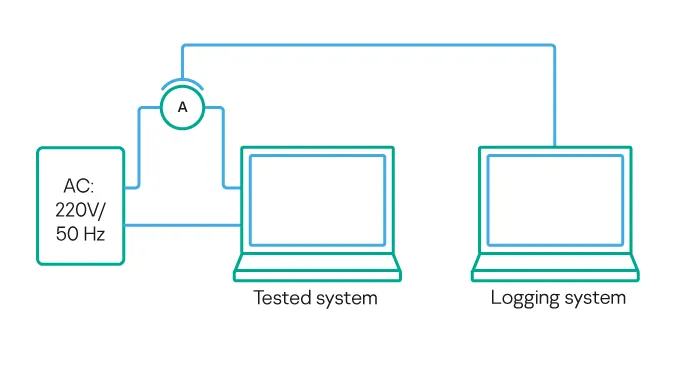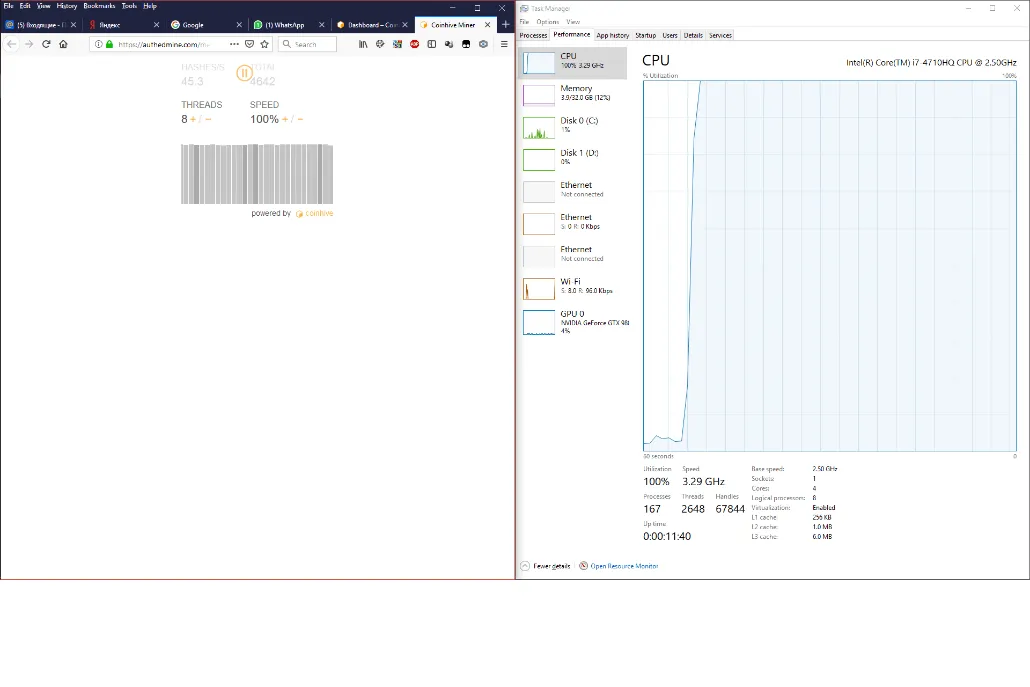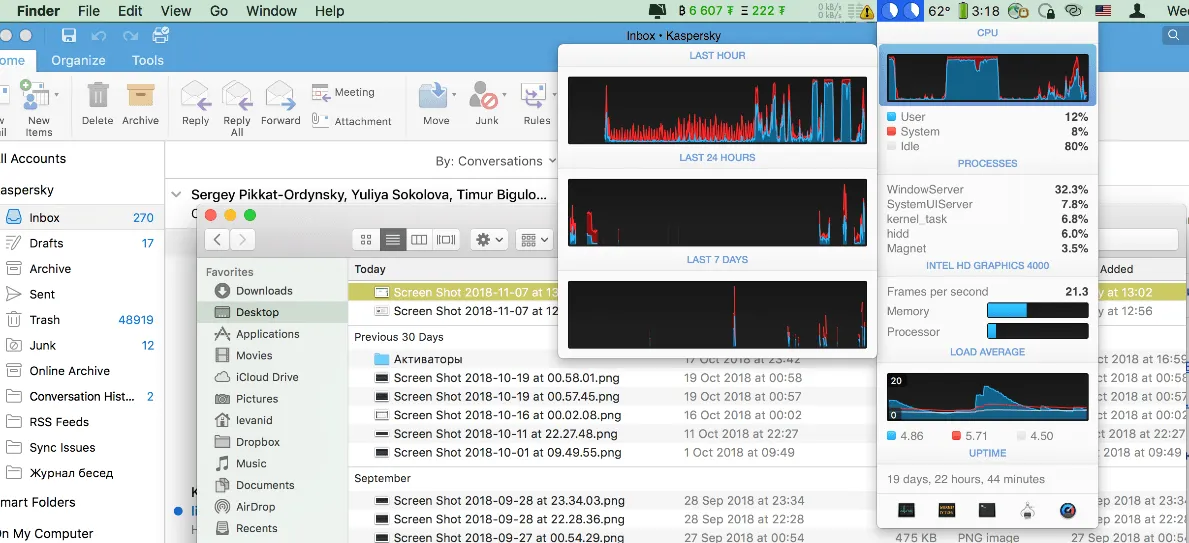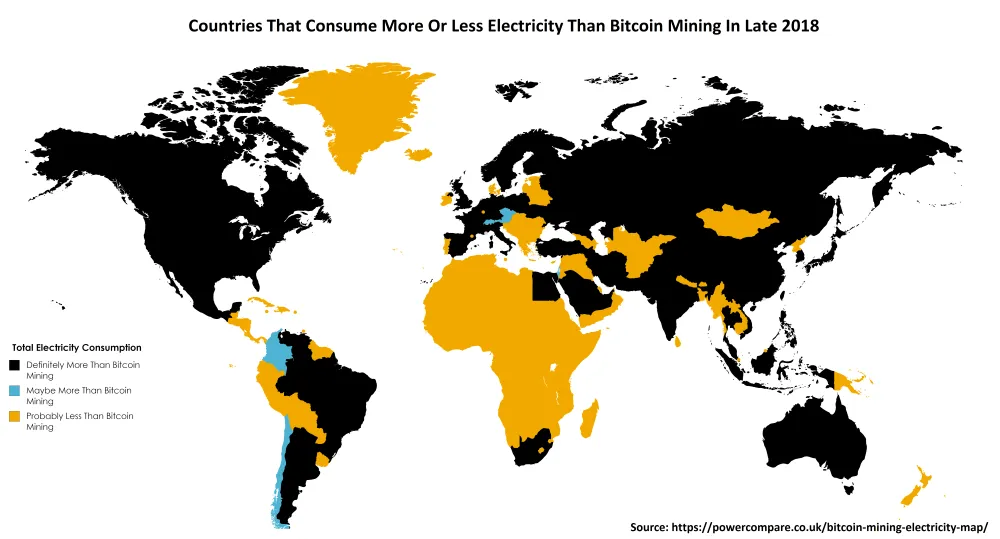
- The miner's businessman is mining bitcoins from his computer
Web mining is a cryptocurrency mining method that takes advantage of website visitors by transforming the capacity of their devices into cryptocurrencies while the browser is on or running in the background. In some cases, the page may notify it and ask the user for their consent. In that case, explain that the mining is to monetize the web and that there is no need for ads or paid subscriptions.
In one way or another, web mining (or cryptojacking) is a threat that many users can be exposed to without hardly realizing it. They would only know if they check the source code of a web page or if they notice certain web resources overloading their devices when opened.
Web mining is often considered an innocent activity that does not result in significant loss of money and only consumes a small amount of energy. However, a study by Kaspersky, a leading Russian-based IT security company, shows otherwise. In 2018, web mining could have consumed up to 18.8 gigawatts of electrical power. According to this research on the economic and environmental impact of web mining, this data is comparable to 70% of the rate of electricity consumption in Spain and at the same time shows that the environmental impact of web mining is around 800 tons of gas emissions greenhouse effect or CO2.
To reach the above conclusion they were based on the following study:
How much does the power consumption of the system increase when it is loaded with the cryptocurrency mining task?
To obtain an answer, a measurement system was used, previously designed for the study of voltage surges when exchanging data through the USB bus.

After using the computers of 18 volunteers, it was possible to experimentally determine the increase in the energy consumption of 21 devices during the extraction of Monero in CoinHive (the most common center among web crypto miners). In summary, this is what was established:
Is there a dependency on the type of processor? Definitely yes.
Is there a dependency on the amount and type of memory? Definitely not.
The following image shows the increase in CPU load when crypto mining starts working:

As can be seen, the amount of memory used does not change and does not depend on the degree of processor load.
Are there any dependencies on internet connection speed? We did not check whether the speed of connection to the network was the same in all experiments.
Is there a dependency on the browser? Definitely not.
Is there a dependency on the type of operating system? Most likely not.
Despite the fact that slightly different results were observed for the same hardware configuration, but that it worked with different operating systems (macOS and Windows), the difference is within the limits of statistical error, and the number of points is not sufficient to obtain reliable conclusions.
For comparison, the processor load on macOS looked like this:

The situation is similar to the CPU load in Windows: in idle mode, it does not exceed 10–12% and is equal to 100% during web mining. Thus, they concluded that while individual losses may be considered negligible, the overall impact is surprisingly dire. According to these calculations, the amount of energy consumed through web mining could reach 1,670 megawatts per hour (MWh), unless the web page blocks the code responsible for the initiation of mining.
“There are many legal and technical initiatives aimed at minimizing the impact of web mining and we have been able to see a significant decrease in activity in 2019. However, as long as there are economic benefits to web mining, there will continue to be attempts to overload the processors of web unsuspecting victims. And, perhaps even more important, this is a rare type of cyber threat, but it does create a significant negative environmental footprint. This means that the prevention of these types of operations is not only a matter of cybersecurity, but also indirectly contributes to saving the environment. This is definitely an unexpected input, but it is worth remembering when evaluating the severity of web mining. This is why we urge everyone to protect themselves with a security solution that checks web pages for the script that starts web mining and stops it," says Alexey Malanov, security researcher at Kaspersky.
To prevent devices from being used for web mining, Kaspersky recommends the following to users and/or companies:
- Pay attention to the performance of your computer: if it runs slow or hangs it can be a sign of malicious activity.
- Check if the system overheats. This is a sign that the processor is being examined, something very typical of web mining.
- Use a trusted security solution such as Kaspersky Security Cloud, which includes protection against web mining.
According to Alexey Malanov, "the prevention of these types of operations is not only a matter of cybersecurity, but also indirectly contributes to preserving the environment."**
Data on the most popular crypto mining systems can be found on the miningbenchmark.net This information allows making an informed decision about the economic viability of crypto mining and, consequently, deciding whether or not to dedicate it.
The full report is available on Securelist
